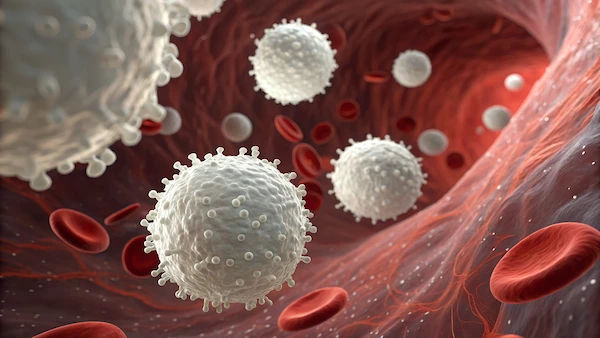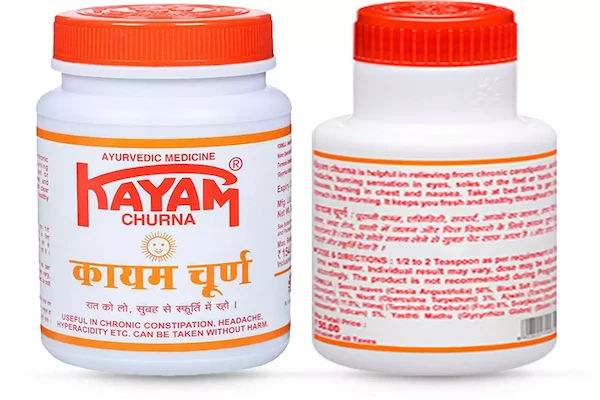Retrograde Ejaculation Overview and Management
Learn about retrograde ejaculation, a condition where semen enters the bladder instead of exiting the penis. Discover its causes, symptoms, and effective management options in this comprehensive overview.

Written by Dr. Rohinipriyanka Pondugula
Reviewed by Dr. Rohinipriyanka Pondugula MBBS
Last updated on 13th Jan, 2026

Retrograde ejaculation is a condition where semen flows backward into the bladder instead of exiting through the penis during ejaculation. While it is not harmful, it can affect fertility and cause emotional distress. Understanding this condition, its causes, symptoms, and management can help individuals seek the right treatment and support.
What Is Retrograde Ejaculation?
Normally, during ejaculation, semen travels through the urethra and exits the body. However, in retrograde ejaculation, the bladder neck (a muscle that prevents semen from entering the bladder) does not close properly. As a result, semen moves backward into the bladder instead of being expelled outward.
This condition is not painful or dangerous, but it can lead to:
- Dry orgasms (little or no semen comes out).
- Fertility issues, as sperm cannot reach the female reproductive tract.
- Cloudy urine after ejaculation (due to semen mixing with urine).
What Causes Retrograde Ejaculation?
Several factors can contribute to retrograde ejaculation, including:
1. Medical Conditions
- Diabetes (can damage nerves controlling the bladder neck).
- Multiple sclerosis or spinal cord injuries (affect nerve signals).
- Prostate or bladder surgery (may damage muscles or nerves).
2. Medications
- Blood pressure drugs (alphablockers).
- Prostate medications (used for enlarged prostate).
- Certain antidepressants or antipsychotics.
3. Congenital Issues
- Birth defects affecting the bladder or urethra.
- Symptoms of Retrograde Ejaculation
- The most common signs include:
- Little or no semen during ejaculation.
- Cloudy urine after sex (due to semen presence).
- Difficulty conceiving (if trying for a baby).
- If you notice these symptoms, consult a doctor for proper diagnosis.
Consult an Urologist for personalized consultation
How Is It Diagnosed?
A doctor may perform:
- Urine test after ejaculation (to check for semen in urine).
- Semen analysis (to confirm low sperm count).
- Ultrasound or cystoscopy (to examine bladder function).
Management and Treatment Options
While retrograde ejaculation is not harmful, treatment may be needed if fertility is a concern.
1. Medication Adjustments
If caused by certain drugs, your doctor may switch medications.
2. Fertility Treatments
- Sperm retrieval from urine: Sperm can be extracted from urine and used for artificial insemination (IUI or IVF).
- Medications to tighten the bladder neck: Drugs like pseudoephedrine may help.
3. Lifestyle Changes
- Managing diabetes (keeping blood sugar under control).
- Pelvic floor exercises (may improve muscle control).
4. Surgical Options (Rare Cases)
Surgery may be considered if other treatments fail.
When to See a Doctor?
Consult a urologist or fertility specialist if:
- You notice little or no semen during ejaculation.
- You’re experiencing fertility issues.
- You have diabetes or a history of prostate/bladder surgery.
- If you need expert advice, you can book a consultation with Apollo24|7 for personalized care and treatment options.
Final Thoughts
Retrograde ejaculation is a manageable condition. While it may affect fertility, medical treatments and assisted reproductive techniques can help. If you suspect you have this condition, don’t hesitate to seek medical advice. Early diagnosis and proper management can improve outcomes and provide peace of mind.
For further assistance, schedule a consultation or lab test through Apollo24|7 and get expert guidance tailored to your needs.
Stay informed, stay healthy!
Consult an Urologist
Consult an Urologist

Dr. Moin Mohammed Bavakatti
Urologist
13 Years • MBBS, MS (General Surgery), Mch (Urology), DNB (Urology), Diploma in Minimal Access Surgery, Fellow of Internal College of Robotic Surgeons), Vinci Surgical system, Fellow in Endocrinology, Clinical and Research fellow in Laparoscopic Urology, Laser Endourology & Laparoscopic & Robotic Urology, Fellowship in 3D laparoscopic Urology
Bengaluru
Dr Moin Mohammed Bhavikatti Clinic, Bengaluru
(150+ Patients)
Dr. Mohammed Rehan Khan
Urologist
8 Years • MBBS, MS (General Surgery), Mch (Urology)
Barasat
Diab-Eat-Ease, Barasat
Dr. J Chaithanya
Urologist
6 Years • MBBS MS GENERAL SURGERY MCH UROLOGY
Bengaluru
Apollo Medical Center, Marathahalli, Bengaluru

Dr. Kunal Kumar Mehar
Urologist
10 Years • Mbbs, Ms, Mch
Bengaluru
Apollo Medical Center, Marathahalli, Bengaluru

Dr. Dhruv B. Patel
Urologist
12 Years • MBBS, MS, DrNB (Urology - IKDRC, Ahmedabad)
Ahmedabad
Apollo Hospitals Gandhinagar, Ahmedabad
(25+ Patients)
Consult an Urologist for personalized consultation

Dr. Moin Mohammed Bavakatti
Urologist
13 Years • MBBS, MS (General Surgery), Mch (Urology), DNB (Urology), Diploma in Minimal Access Surgery, Fellow of Internal College of Robotic Surgeons), Vinci Surgical system, Fellow in Endocrinology, Clinical and Research fellow in Laparoscopic Urology, Laser Endourology & Laparoscopic & Robotic Urology, Fellowship in 3D laparoscopic Urology
Bengaluru
Dr Moin Mohammed Bhavikatti Clinic, Bengaluru
(150+ Patients)
Dr. Mohammed Rehan Khan
Urologist
8 Years • MBBS, MS (General Surgery), Mch (Urology)
Barasat
Diab-Eat-Ease, Barasat
Dr. J Chaithanya
Urologist
6 Years • MBBS MS GENERAL SURGERY MCH UROLOGY
Bengaluru
Apollo Medical Center, Marathahalli, Bengaluru

Dr. Kunal Kumar Mehar
Urologist
10 Years • Mbbs, Ms, Mch
Bengaluru
Apollo Medical Center, Marathahalli, Bengaluru

Dr. Dhruv B. Patel
Urologist
12 Years • MBBS, MS, DrNB (Urology - IKDRC, Ahmedabad)
Ahmedabad
Apollo Hospitals Gandhinagar, Ahmedabad
(25+ Patients)




